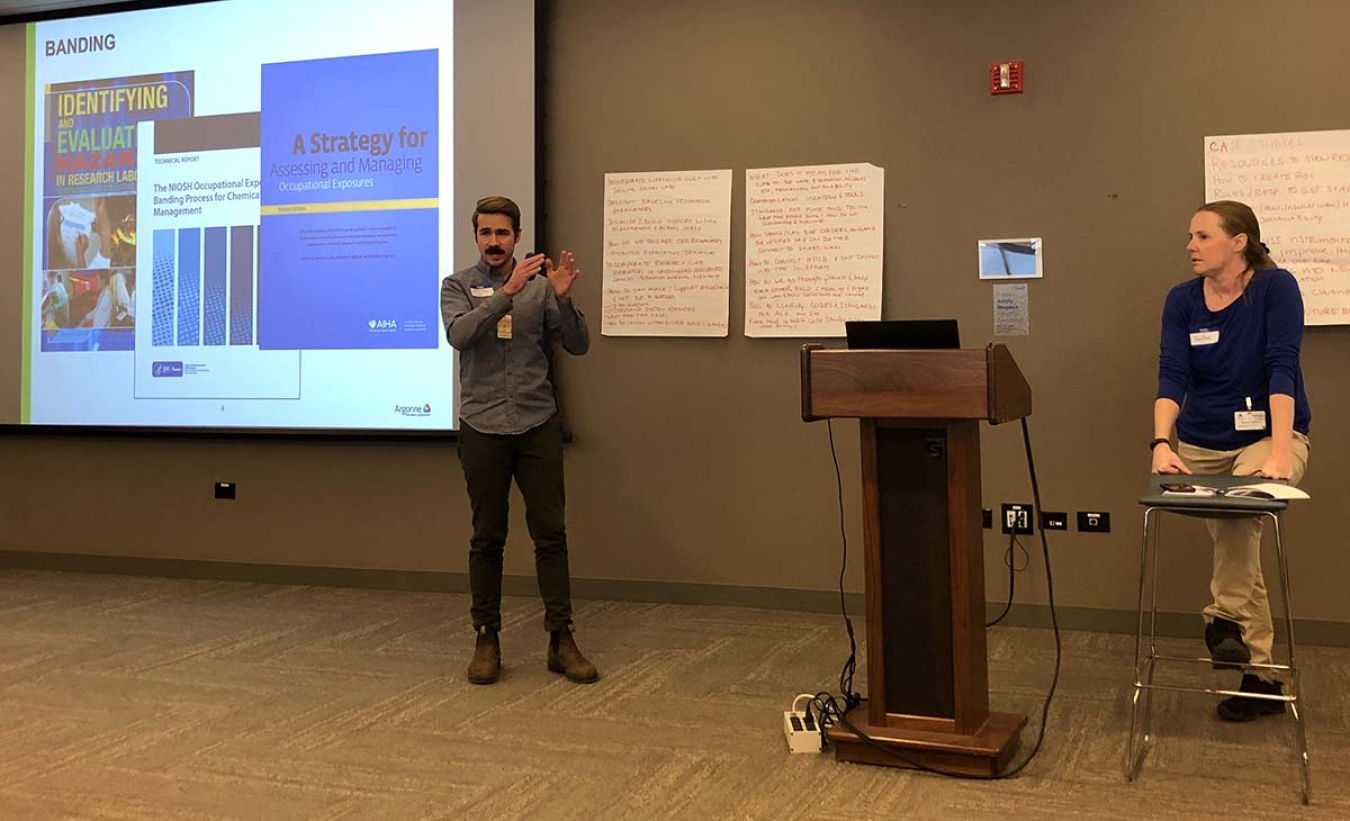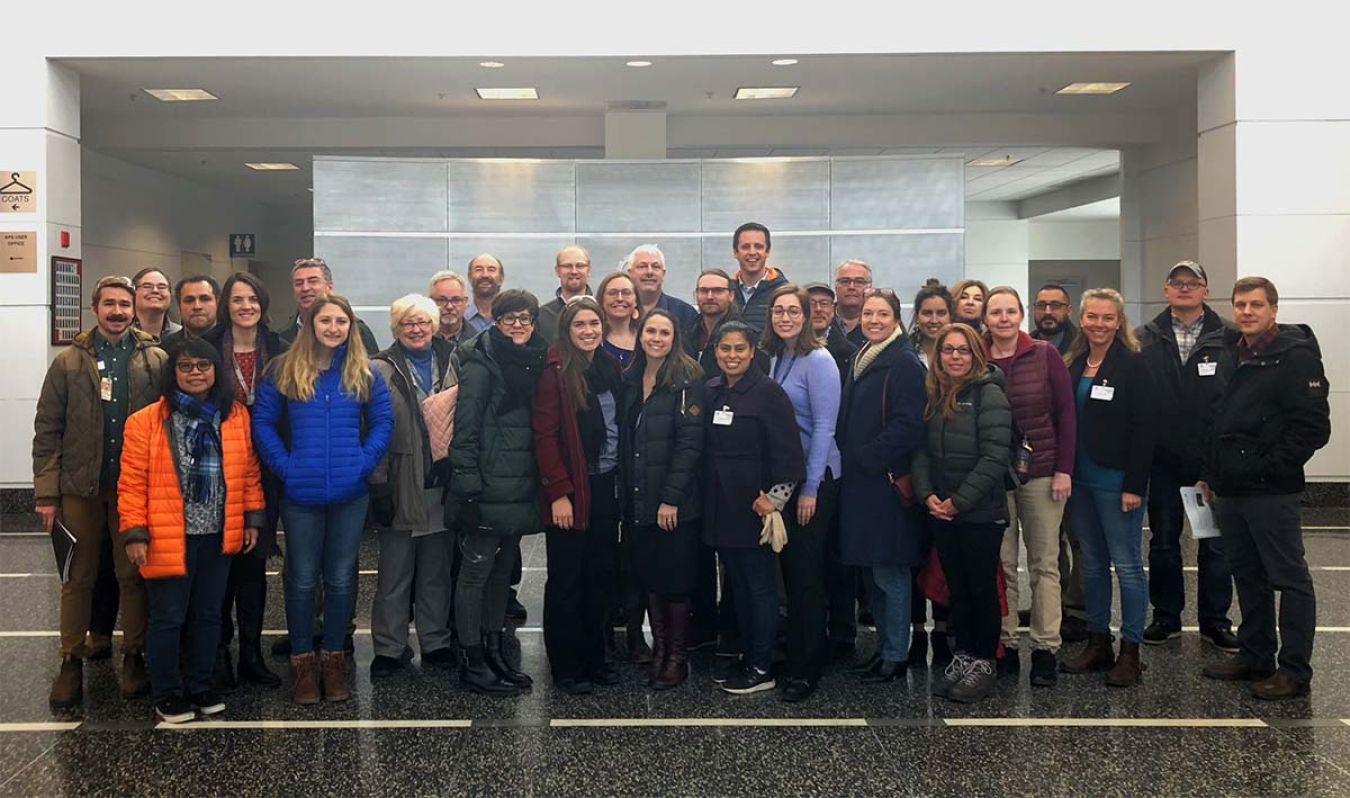A typical laboratory is 3–4 times more energy intensive than an average commercial building, making laboratories a key focal area for management.
Federal Energy Management Program
December 2, 2019
Like driving a car with the windows rolled down while the air conditioning is on, the inability of a heating, ventilation, and air conditioning system to respond to changes in a laboratory’s environment directly translates into energy being wasted, often in excess of 20%. A typical laboratory is 3 to 4 times more energy intensive than an average commercial building, making laboratories a key focal area for energy management strategies.
To encourage safe and efficient laboratories, the U.S. Department of Energy’s (DOE) Better Buildings Smart Labs Accelerator was deployed in 2017. Smart Labs enable safe and efficient world-class science to occur in laboratories by reducing ventilation to the lowest safe levels during occupied and unoccupied times, designing for high ventilation effectiveness, minimizing fan energy, and utilizing smart building controls. Five of 17 DOE national laboratories have taken the challenge to be Smart Labs Accelerator partners.
On November 13-14, 2019, the Smart Labs team from the Federal Energy Management Program (FEMP) joined attendees from 10 DOE national laboratories at Argonne National Laboratory to discuss Smart Labs practices and how to incorporate them across the DOE labs. Presentations and open discussions included such topics as design characteristics of high-performance laboratory buildings, the laboratory ventilation risk assessment and control banding process, building analytics, and change management. Individuals from each laboratory shared their current work and process in existing labs and plans for new laboratories. Attendees engaged in conversation around the challenges of implementing Smart Labs practices and brainstormed ideas for overcoming them. Argonne staff gave tours of typical lab space at the Advanced Photon Source building and the Energy Sciences building on the campus, sharing their successes and challenges with the space.

Catherine Hurley, Argonne sustainability program manager, said, "It was wonderful to see so many great ideas and lessons being shared across a wideset of the DOE national laboratories. In a short time, a lot of progress has been made to implement Smart Lab practices, and attendees are excited for future collaborations."
The Smart Labs team will be documenting lessons learned from the workshop and sharing best practices in an upcoming Smart Labs Toolkit. For more information about Smart Labs, visit the Better Buildings Smart Labs Accelerator website for case studies, presentations, and more.

